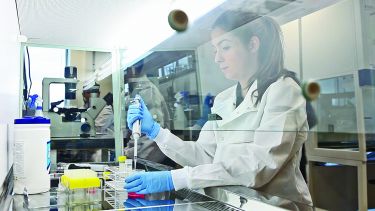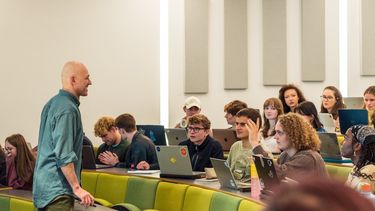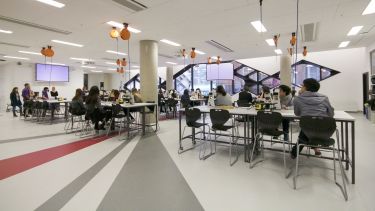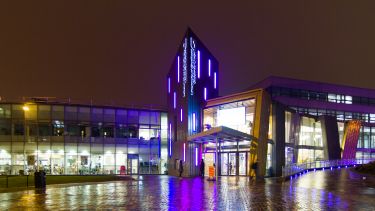Biomedical Engineering
You'll learn to analyse and solve healthcare problems using cutting-edge engineering expertise on these technology-driven BEng and MEng courses. Our innovative programme of study has been designed to engage, challenge and inspire you to fulfil your potential.








